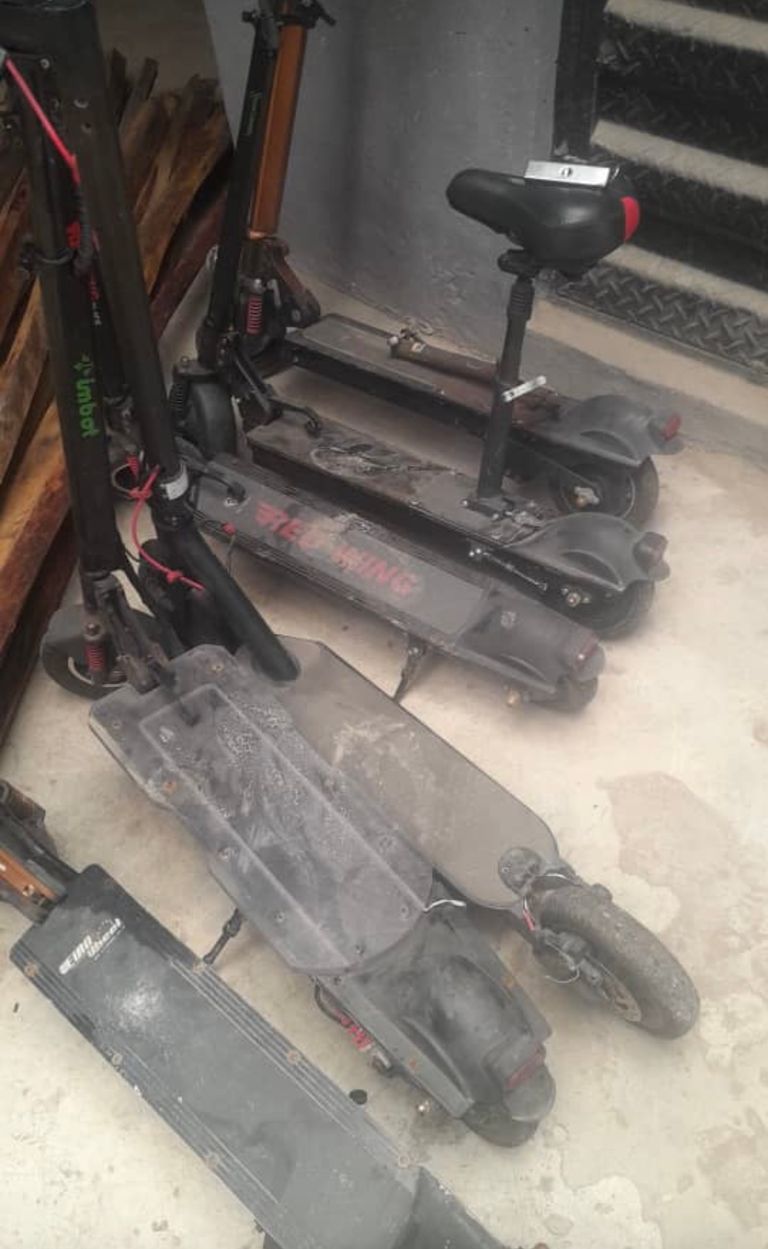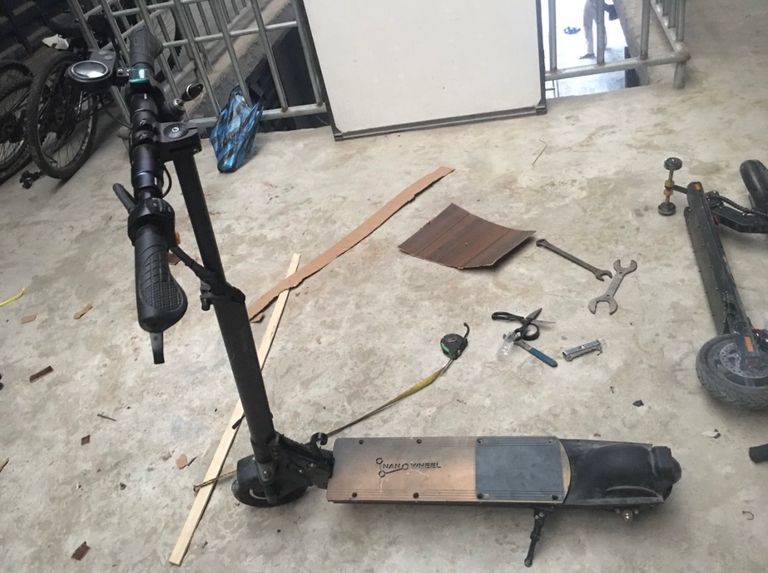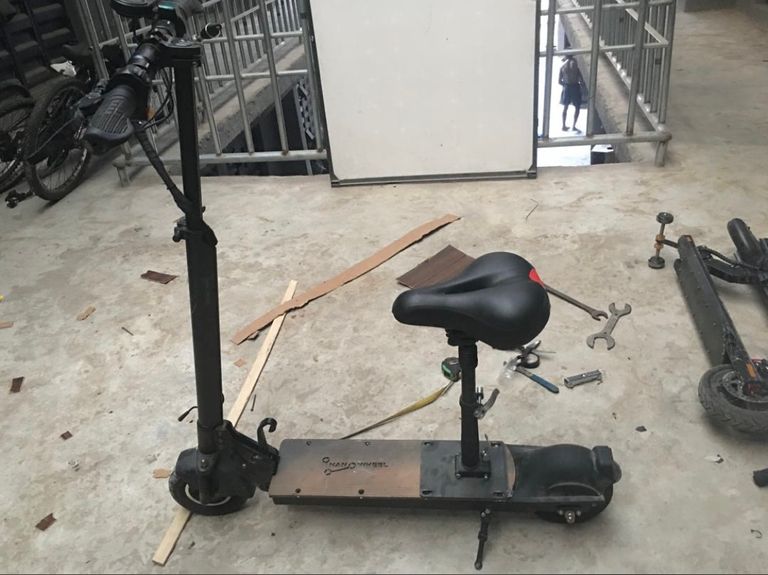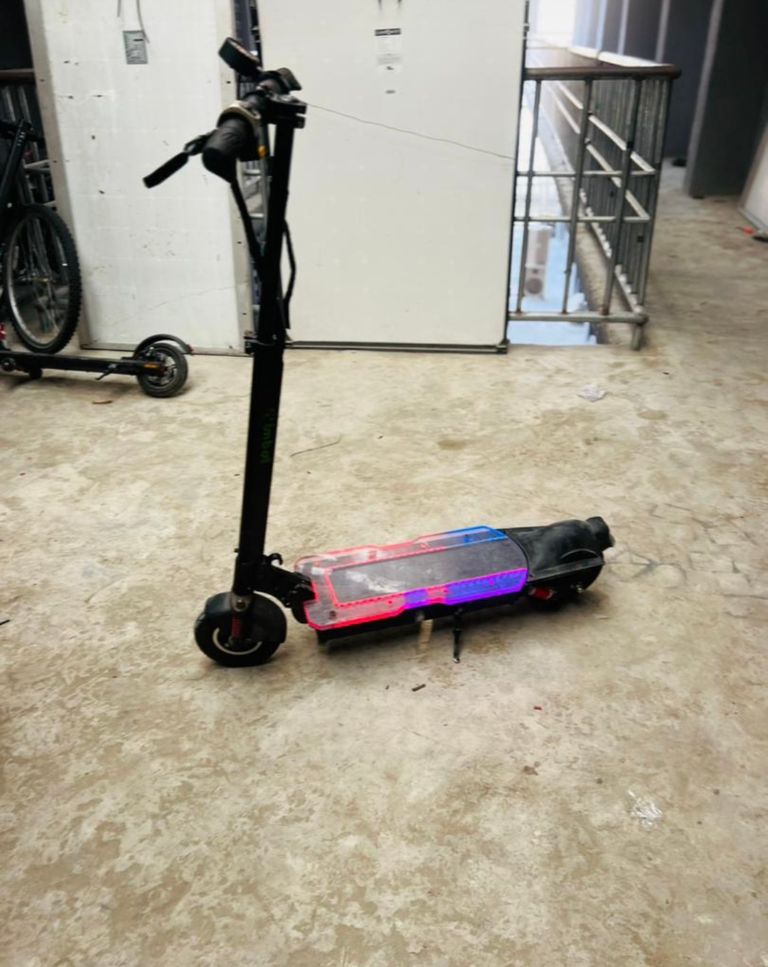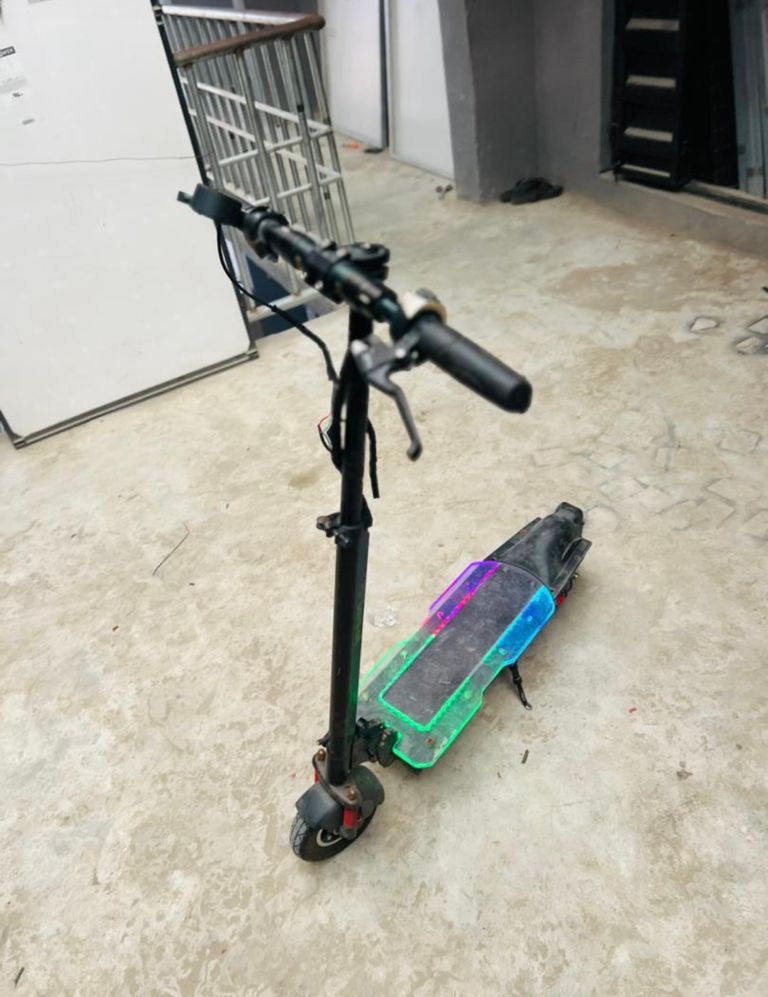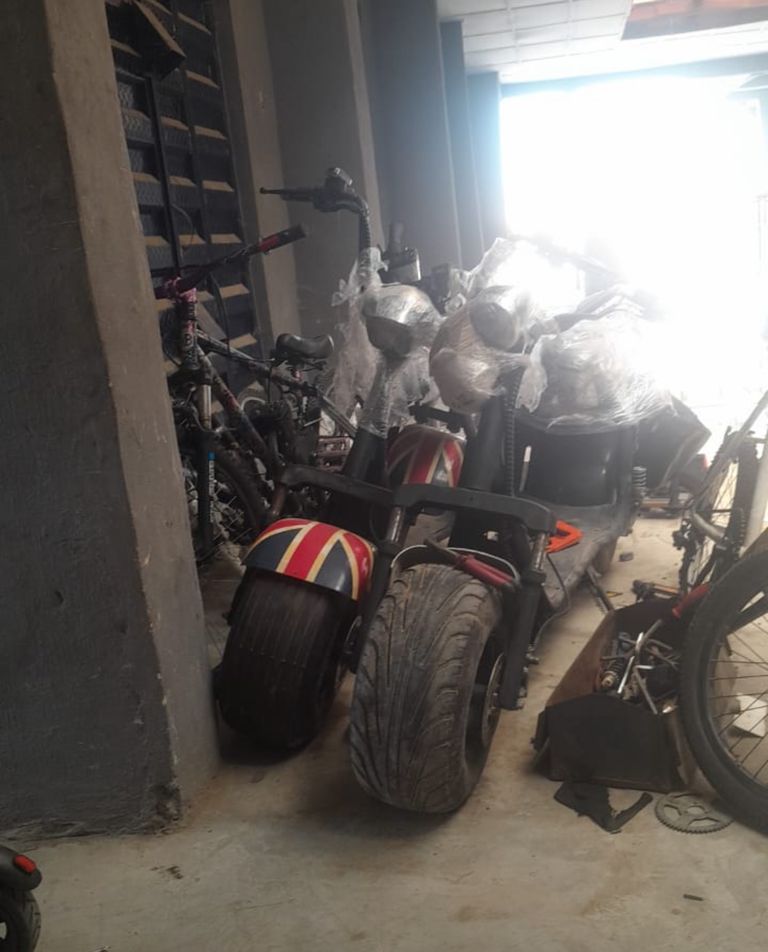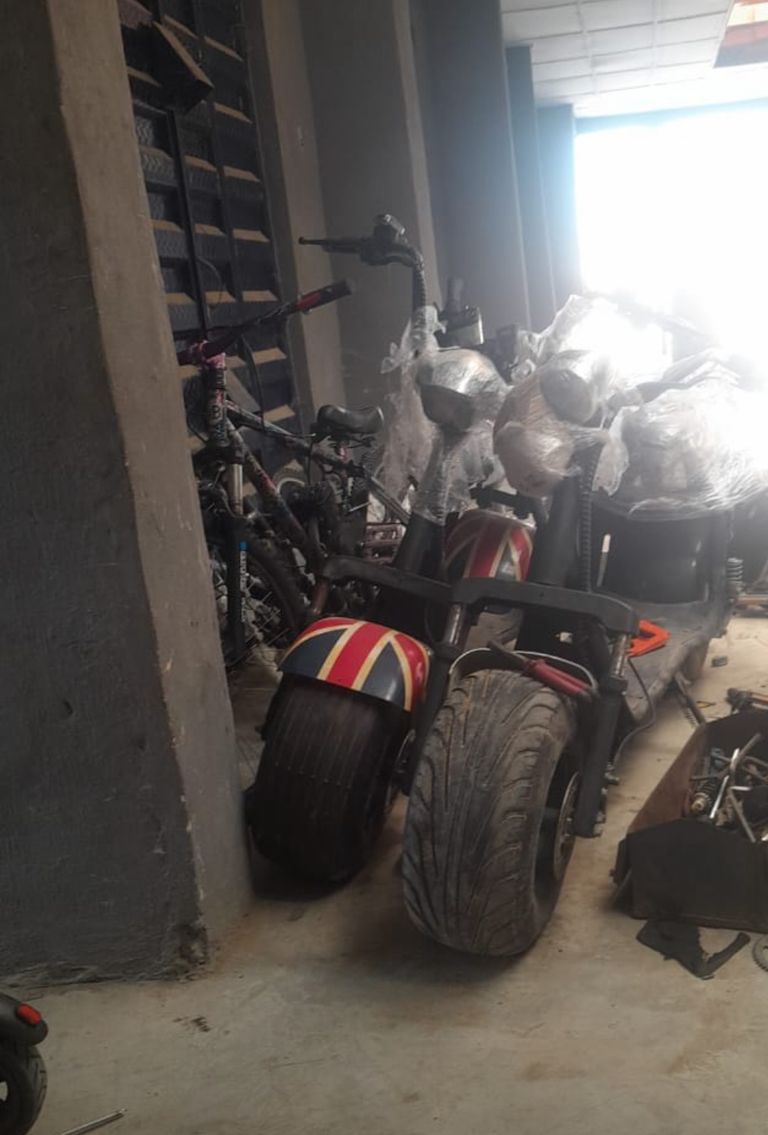
Nigerians that live around urban areas that has good roads have embraced the use of electric scooters in Nigeria due to the high cost of fuel ⛽️ in Nigeria. The fuel price skyrocketed from 700-1250 in the space of just few months and this has made transportation very difficult in Nigeria .
Electric scooters is a fun and eco-friendly way to get around.
Types of Electric Scooters:
- Commuter scooters: Designed for daily use, often with features like headlights and rearview mirrors.
- Off-road scooters: Built for rough terrain, with wider tires and enhanced suspension.
- Folding scooters: Portable and compact, ideal for commuting and storage.
- High-performance scooters: Fast and powerful, often with advanced features like regenerative braking.
- Kids' scooters: Designed for younger riders, with safety features and adjustable speed limits.
Key Features:
- Motor power: Measured in watts (W), affects speed and hill climbing.
- Battery life: Range varies from 5-60 miles (8-97 km), depending on model and usage.
- Top speed: Typically 15-30 mph (24-48 km/h), but some models reach 50 mph (80 km/h).
- Braking system: Disc brakes, regenerative braking, or both.
- Suspension: Affects ride comfort and stability.
- Weight capacity: Important for rider safety and scooter durability.
Popular Brands:
- Bird
- Lime
- Segway
- Xiaomi
- Razor
- Inokim
- E-twow
- Ninebot
Safety Considerations:
- Helmets: Essential for rider safety.
- Protective gear: Knee pads, elbow pads, and gloves recommended.
- Road rules: Follow local traffic laws and regulations.
- Maintenance: Regularly check tire pressure, brakes, and battery.
Accessories:
- Helmets
- Locks
- Bags and baskets
- Phone holders
- Custom decals and stickers
Laws and Regulations:
- Check local laws regarding electric scooter use.
- Age restrictions
- Speed limits
- Helmet requirements
- Parking regulations
Environmental Benefits:
- Zero emissions
- Reduced traffic congestion
- Energy-efficient
- Sustainable transportation option
